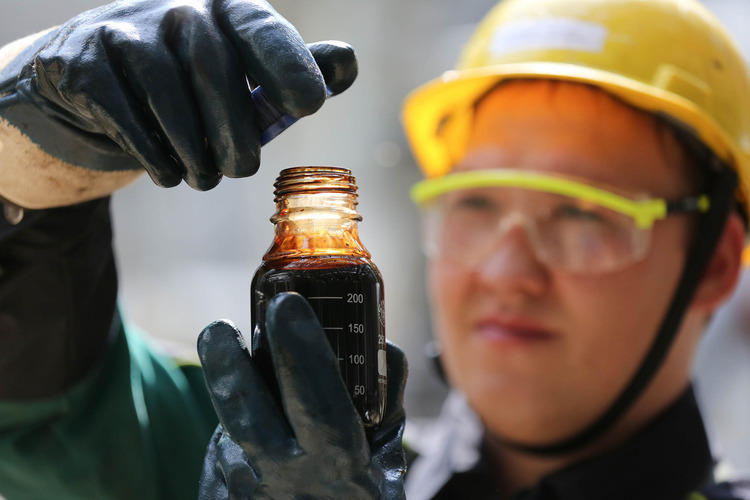
Shell said the time has come to debate using Russian crude to help determine the global Brent benchmark, in what would be the most radical shift in how European prices are calculated since the 1970s.
Mike Muller, the head of crude trading at Shell, told a Platts forum in London that he wants a discussion about calculating the price in Europe using not just crude oil pumped in the North Sea, as has been the case since the 1970s, but potentially including Russian crude and even grades pumped in West Africa, the Caspian Sea basin.
Shell is not just the largest oil trader but also the custodian of the master contract that governs the physical Brent market and as such its views are closely watched in the market.
Although Muller said some of the suggestions he floated were “concepts and ideas,” he made clear that the company wanted to see reform. “These are the sort of things Shell wishes to see in benchmarks going forward.”
The changes outlined would take years rather than months to implement, assuming the rest of the market agreed they were appropriate. Oil industry executives largely agree that the Brent benchmark will need significant reforms early next decade.
In 2014, Ian Taylor, the chief executive officer of the world’s biggest independent trader Vitol Group said he was “extremely concerned” about the possibility of Brent becoming a less-efficient or effective benchmark. Crude from Africa, the Caspian Sea and possibly Russia should be added to the basket of oil used to determine the price, he said at the time.
Muller said that the large amount of Russia’s Urals crude that Europe’s refineries use meant it was worth talking about using the grade as part of the region’s benchmark.
It’s difficult to see how more North Sea oil grades can be added to the current benchmark, which currently comprises Brent, Forties, Oseberg and Ekofisk, and will add Troll from 2018, Muller said.
Recommended for you
